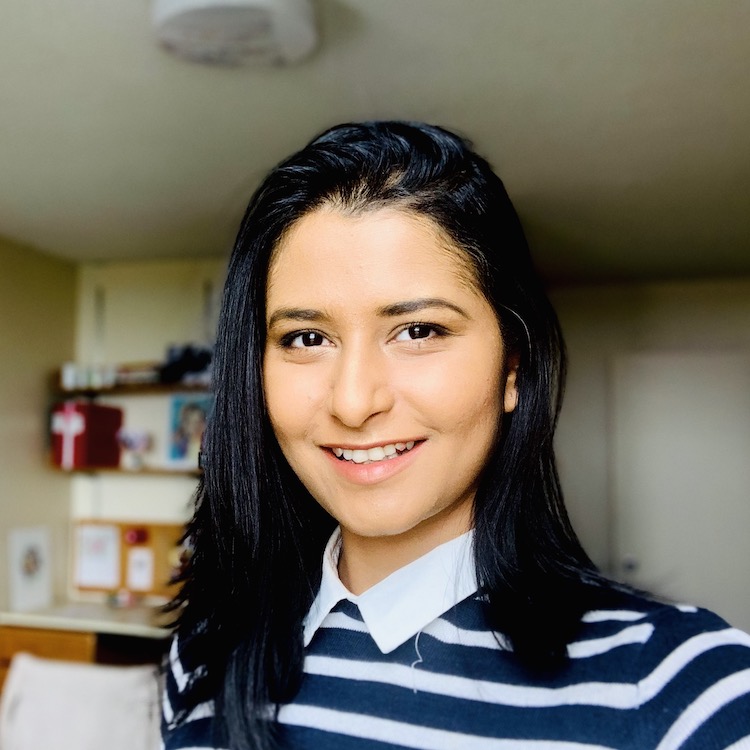If you are wondering when you will get a chance to directly apply what you’re learning in your courses, wonder no more! Explore York’s Experiential Education (EE) opportunities to find the best fit for you. If you are unsure about EE, don’t worry. This YUBlog post will offer insights from a student perspective.
What is EE?
EE is hands-on learning that applies the concepts and theories you’re studying to real-world challenges. It enables you to participate in practical experiences in the classroom, the workplace, the community and abroad. You can collaborate with community partners and contribute to meaningful work that moves organizations and businesses toward their goals.
We caught up with Emilia Kolodko, a fourth-year environmental studies student, to learn more about their experience with EE.
Which EE programs have you been a part of?
“The first one I participated in was an independent studies course with a School of the Arts, Media, Performance and Design (AMPD) instructor, where we had to engage with the community through workshops, interviews and more,” says Kolodko. “It was a super hands-on course, combining classroom discussions and readings with community interaction.”
Kolodko is currently in the Cross-Campus Capstone Classroom (C4) program at York.
Why did you choose EE? Was it a program requirement?
“It wasn’t a program requirement,” says Kolodko. “An instructor I worked with previously recommended me for the AMPD course. I joined the C4 program because I wanted to continue actually doing something that positively impacted a community.”
Pro tip: Networking with your instructors can open many avenues like EE, work experience, getting recommendation letters for jobs, internships, graduate school and more. You can always start connecting with instructors beginning in your first year!
What were your expectations of EE?
Kolodko went in with zero expectations during her first EE experience. “Because we were making a podcast, we jumped into learning about media, community communications, how to produce a podcast and began interviewing individuals and organizations,” she says.
But their C4 experience is different. They met with the C4 partners in September and will work with them until April with check-ins every month.
“So far, we’re focusing on independent development, like team building, understanding our strengths and weaknesses and learning how to work with a team and a professional partner,” says Kolodko.
Pro tip: Not all EE programs are the same. Learn more about the C4 program here.
What did you like about both experiences?
“I love that I get to apply all the skills that I've learned so far in a real-world situation,” says Kolodko. “EE focuses on being a part of community projects and using your abilities in a team environment. It allows you to explore the roles you could take on within a team.”
Pro tip: EE also provides the opportunity to network with peers from other programs and industry professionals.
What skills have you gained from these programs?
“Before I first did the independent studies course, my classes were mostly hybrid or online and super theoretical. So, this course was my first foray into the real world and talking to professionals,” says Kolodko.
"Interacting with these professionals gave me so much confidence that I wasn’t scared anymore. You can't imagine what you can do unless you've gone to the workplace and seen it for yourself.”
Do you think that students should pursue experiential education?
“1000%! I wish it were mandatory for everyone to have experiential education,” says Kolodko.
"It isn’t just about building confidence, but also understanding how things work in reality, seeing your work in action, and learning the difference between the theory and practicality of projects.”
Pro tip: Learn more about York’s EE experiences, like internships, work-integrated learning and global learning, to see what interests you most!
